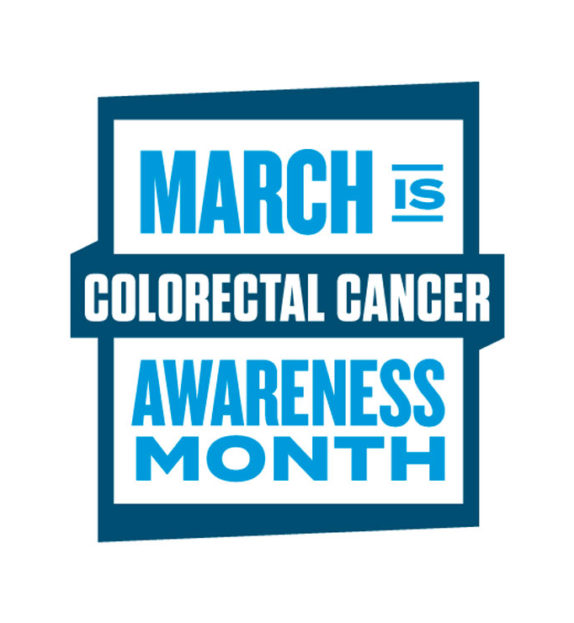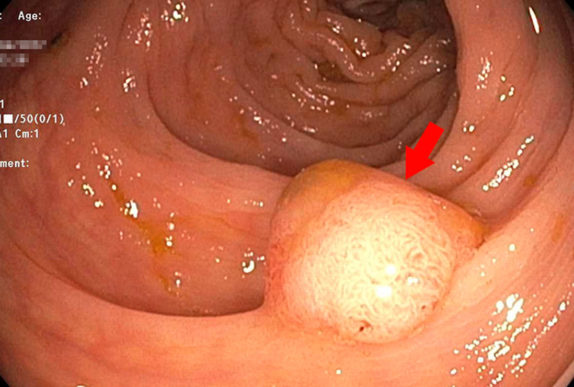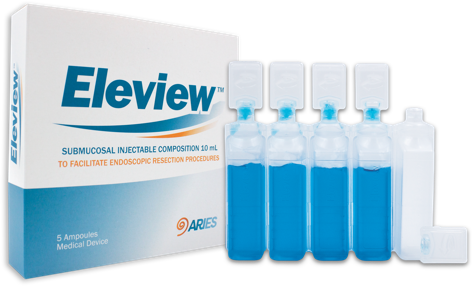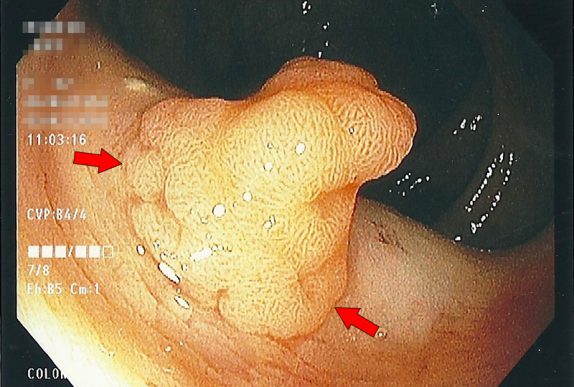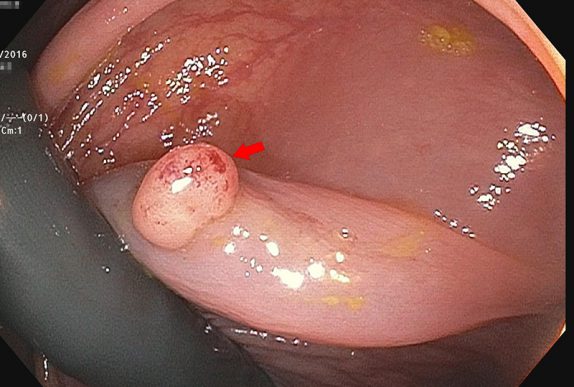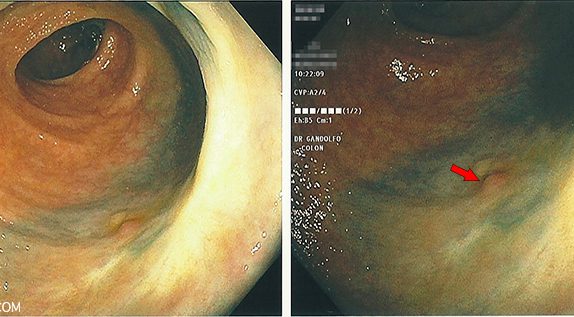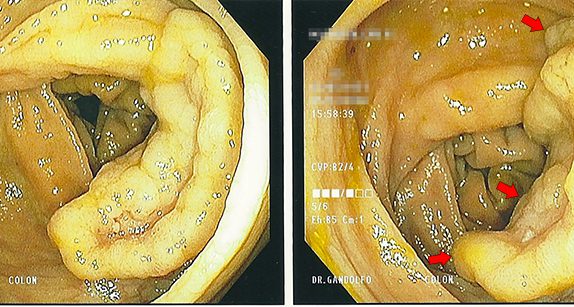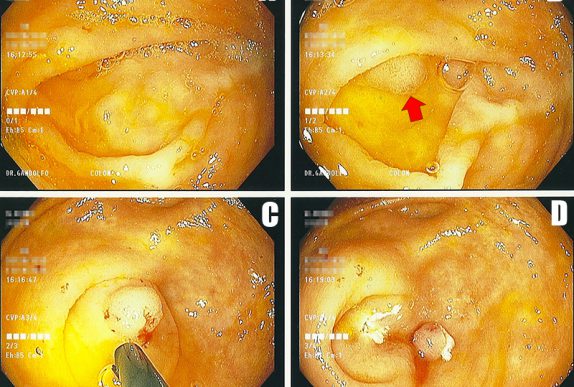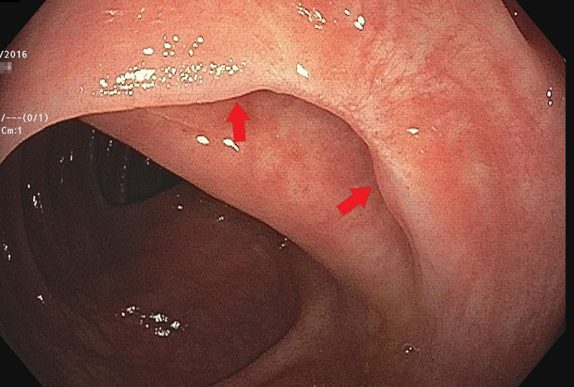If you read this article, you'll know more than 99% of the population about colorectal cancer. More importantly, you'll know how to prevent this deadly disease from all angles! Plus, some interesting facts about Retroflexions.com in honor of our 4th birthday!
How to cheat on the bowel prep for a colonoscopy and still have a successful procedure, written by a gastroenterologist.
Colorectal Cancer Awareness Month continues on! However let’s face it, awareness by itself is not enough! To have an impact, we need to take action against colon cancer. We must also have the necessary tools, tactics, and training to take care of business when polyps rear their ugly head. It's a bad month to be a polyp!!!
Roughly half of all cases of colon cancer (and by extension, colon polyps) are a result of modifiable risk factors. These are the things that you can control. If we know what these risk factors are, maybe we can make better choices...
We think this process takes about 10-20 years to occur, which is a very important fact when it comes to colorectal cancer prevention. This long sequence, from adenoma to cancer, is the reason why screening can prevent colon cancer—
Now there is a new product called Eleview (Aries Pharmaceuticals) that is specifically made for endoscopic procedures requiring submucosal injection. This product is supplied in 10-mL ampules and is ready-to-use, making it much faster and more convenient to just ask for in the middle of a procedure
Why wouldn't a fellow endoscopist sent their patients for a procedure that is as effective, safer, with no significant recovery time, and far less expensive when compared to surgery?
What is immediately apparent from these numbers is that Cologuard rarely misses cancer. However, if we count polyps as a significant finding, there are plenty of false-positive results (45%) and plenty of false-negatives too (34%). So is Cologuard a good test overall?
Should retroflexion in the right colon become a routine part of screening colonoscopy? Let's frame this question with the following facts: Colonoscopy is less-protective against right-sided cancers (which implies that colonoscopy is less-effective at finding or removing right-sided polyps...
After removing a large polyp endoscopically, it is recommended to follow up the site about 3-6 months later to make sure the entire lesion was removed and prove there is no further adenomatous tissue to resect.
Sometimes repositioning the lesion is what it takes to get it done. A better angle between the snare and the polyp can be the difference between sliding over the top or capturing the lesion. In this case, retroflexing the scope in the ascending colon was the key maneuver needed to get the rest of the polyp out.
If you notice, the basic idea here is pretty simple. According to the guidelines, there are really only a few options for follow-up intervals for colonoscopy: 10 years (negative exam), 5 years (low risk polyps), and 3 years (high risk polyps). Less than 3 years is only recommended in the truly unusual case of a large polyp burden or invasive cancer in a polyp. And that's it.
I thought it would be a good time to show a real-life example of colorectal cancer prevention in action. Let's pretend that you are a friendly neighborhood gastroenterologist, just minding your own business and doing a screening colonoscopy on a patient.
Clearly, the screening guidelines recommend repeating a negative colonoscopy in ten years. Now what if I told you that many (if not most) practicing gastroenterologists recommend repeating the test in five years, not ten?
Three month follow up after removal of a small colon tumor with colonoscopy. Did the resection work, or did the patient ultimately need surgery?
